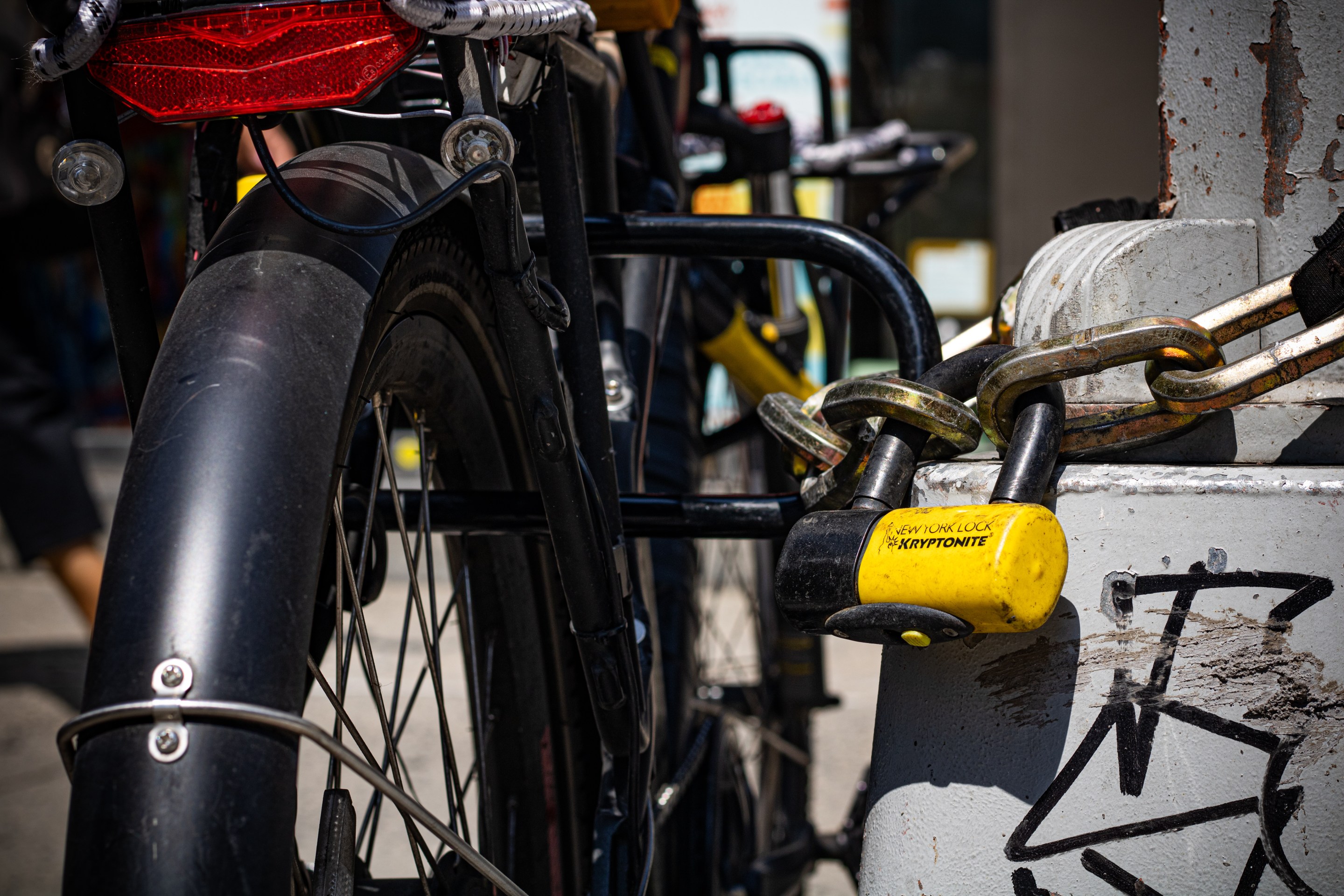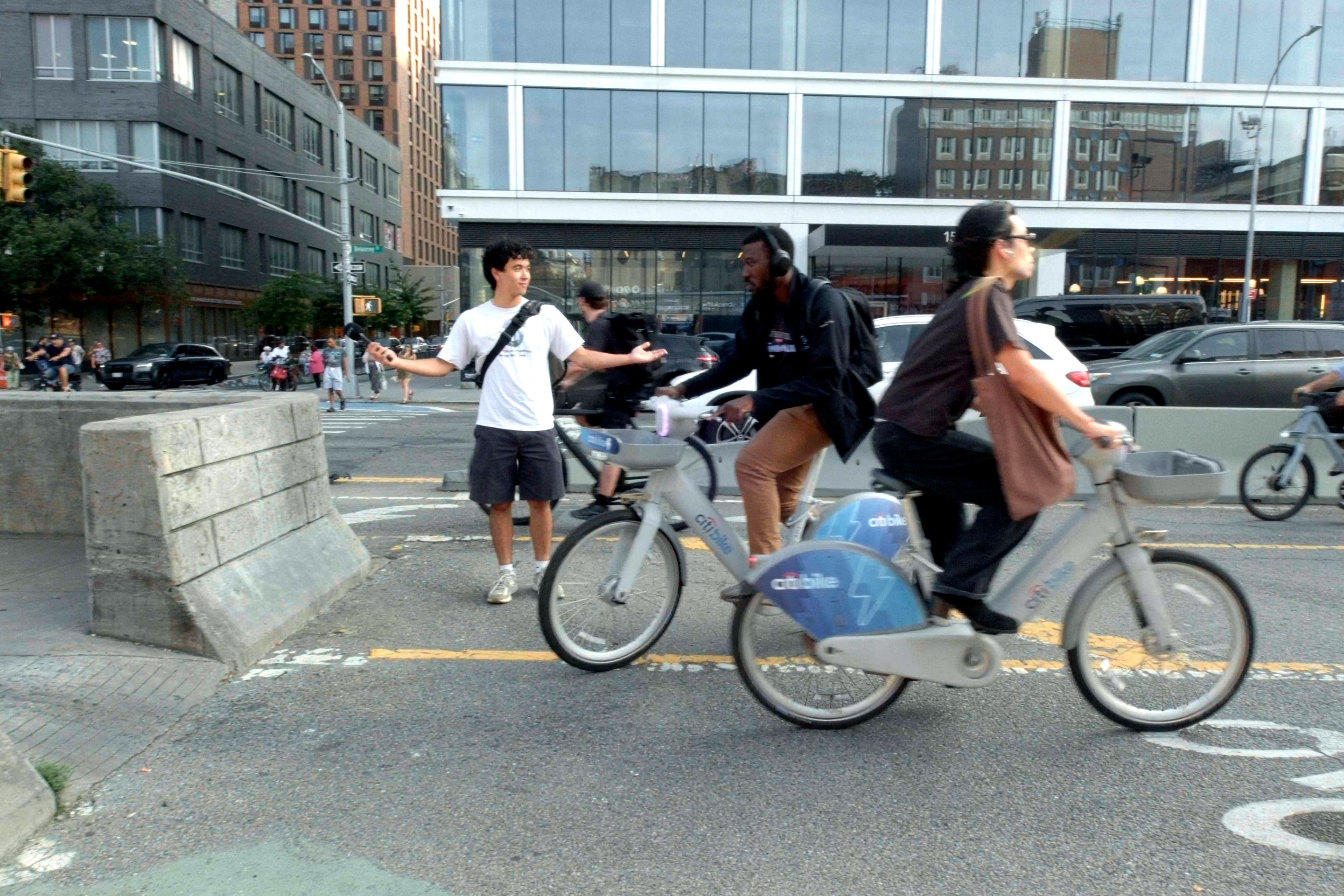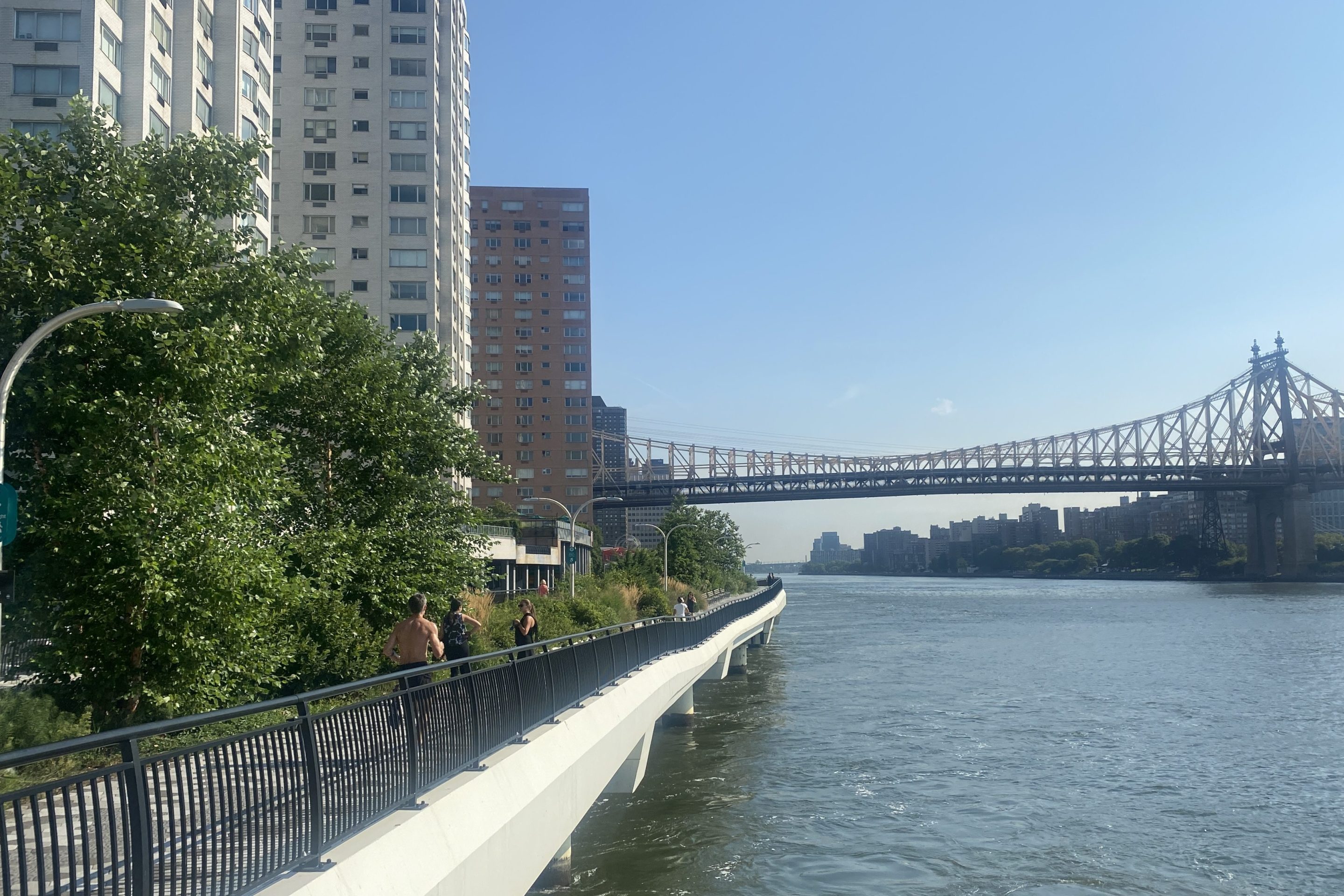Last week we wrote about the flawed measurement system employed by the Texas Transportation Institute in its annual Urban Mobility Rankings, which emphasize the free motion of cars over total time spent commuting. TTI's rankings highlighted the relative mobility of cities like St. Louis, Buffalo and Detroit, while decrying the congestion of Chicago and Washington, D.C.
St. Louis-based blog Gateway City Streets is not so sure it's something to celebrate:
Among the 31 metro areas with populations between 1 and 3 million, St. Louis ranks 3rd best with congestion during the peak period only adding 12% more time to the average St. Louisan's commute. In fact, since 2000, the roads in St. Louis have become steadily less congested almost every year. In addition, congestion cost the average St. Louis commuter 31 hours and $772 in wasted time and fuel in 2009, a marked improvement from the 44 hours and $1062 in 1999.
Unfortunately, a closer look at the data in the Urban Mobility Report reveals a puzzling fact: despite reduced congestion on the region's roads, commutes in St. Louis are getting longer than ever before. Peak hour commuters spent an average of 289 hours behind the wheel in 2009, 36 hours more than in 1999 when congestion was significantly worse. In fact, according to the UMR report, St. Louis has the 5th longest commutes among metro areas over 1 million population (Los Angeles and New York, bafflingly, are ranked 22nd and 33rd, respectively). How is it that that commuting times get longer as congestion decreases?
The answer to the puzzle, of course, lies in the sprawling nature of St. Louis's suburbs. Between 1950 and 2000, St. Louis's urban population grew 48% while urban land area grew over 260%. St. Louis's extensive highway network may be partially to blame for the region's sprawl. As pointed out by the Urbanophile, St. Louis has the 3rd most freeway lane miles per capita amongst metro areas over 1 million in population.
Gateway Streets also notes that, thanks to said sprawl, St. Louis-area transit commutes are among the longest in the nation.
Elsewhere on the Network today: Bike Portland ponders what to do about drivers who park in the bike lane; PubliCola reports that Seattle's traffic tunnel project is likely to cause significant downtown congestion; and Charleston Moves shares a video illustrating the zen that comes with cycling on a continual stream of designated bike lanes.






